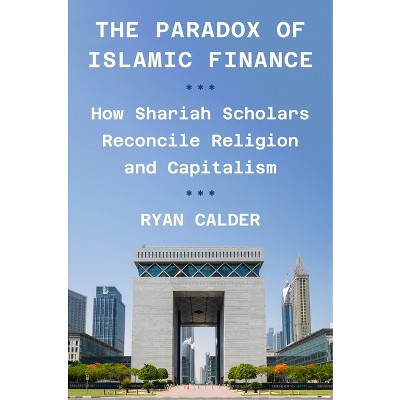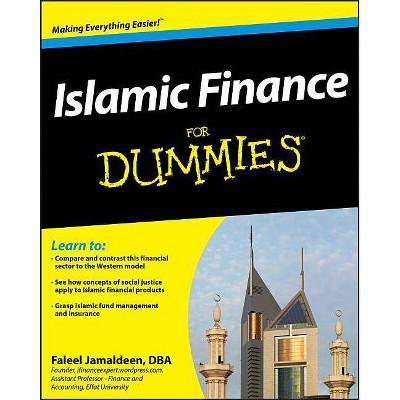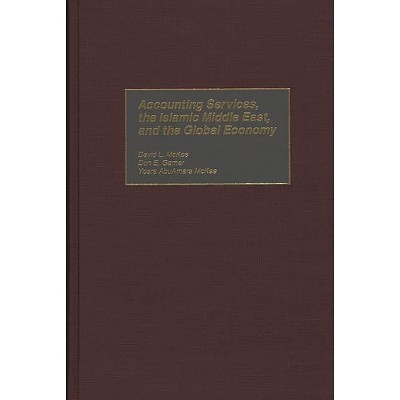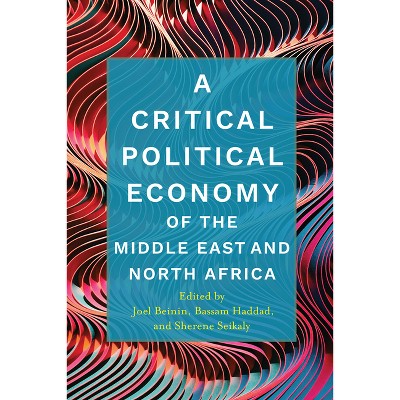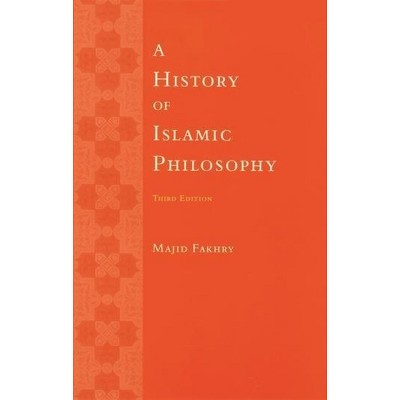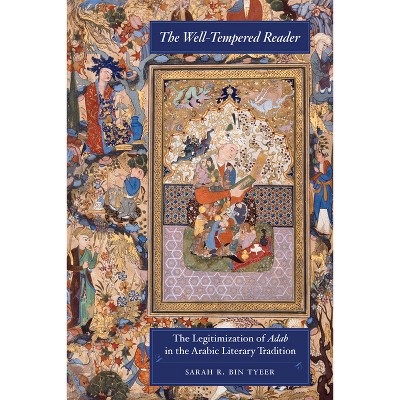Sponsored

The Economic Potential of Islamic Countries, Part a - (Emerald Studies in Islamic Economy and Finance) by Vusal Gasimli (Hardcover)
Pre-order
Sponsored
About this item
Highlights
- The global economic environment is evolving at an unprecedented pace, with technological advancements, geopolitical shifts, and climate change reshaping the way economies function.
- About the Author: Vusal Gasimli is a distinguished Azerbaijani economist renowned for his expertise in economic reforms and development.
- 312 Pages
- Business + Money Management, Islamic Banking & Finance
- Series Name: Emerald Studies in Islamic Economy and Finance
Description
About the Book
The Economic Potential of Islamic Countries, Part A delves into the multifaceted economic landscape of Islamic nations, providing a comprehensive analysis of their strengths, opportunities, and challenges.
Book Synopsis
The global economic environment is evolving at an unprecedented pace, with technological advancements, geopolitical shifts, and climate change reshaping the way economies function. Islamic countries, rich in natural resources and cultural heritage, are uniquely positioned to navigate these changes. However, many of these nations face challenges such as political instability, economic diversification, and infrastructural deficits.
The Economic Potential of Islamic Countries, Part A delves into the multifaceted economic landscape of Islamic nations, providing a comprehensive analysis of their strengths, opportunities, and challenges. In an era of rapid globalization and shifting economic paradigms, this book arrives at a crucial juncture, offering fresh insights and strategic recommendations for leveraging the collective potential of these countries. The data-driven analysis also provides case studies from countries such as Malaysia, Turkey, Saudi Arabia and others, offering a comparative analysis of economic policies and outcomes in various Islamic countries, drawing lessons from both successes and failures.
Readers will benefit from the interdisciplinary insights, providing a holistic view that addresses the multifaceted challenges and opportunities in Islamic economies. In addition, it provides practical policy recommendations grounded in empirical research, guiding policymakers, business leaders, and academics towards effective strategies for sustainable economic development.
About the Author
Vusal Gasimli is a distinguished Azerbaijani economist renowned for his expertise in economic reforms and development. He holds a Postgraduate Diploma from the University of Oxford and has completed the Leading Economic Growth program at the Harvard Kennedy School. As the Executive Director of the Center for Analysis of Economic Reforms and Communication of Azerbaijan, he has played a pivotal role in shaping reform strategies and has published extensively on macroeconomic dynamics, as well as fiscal and monetary policy.






